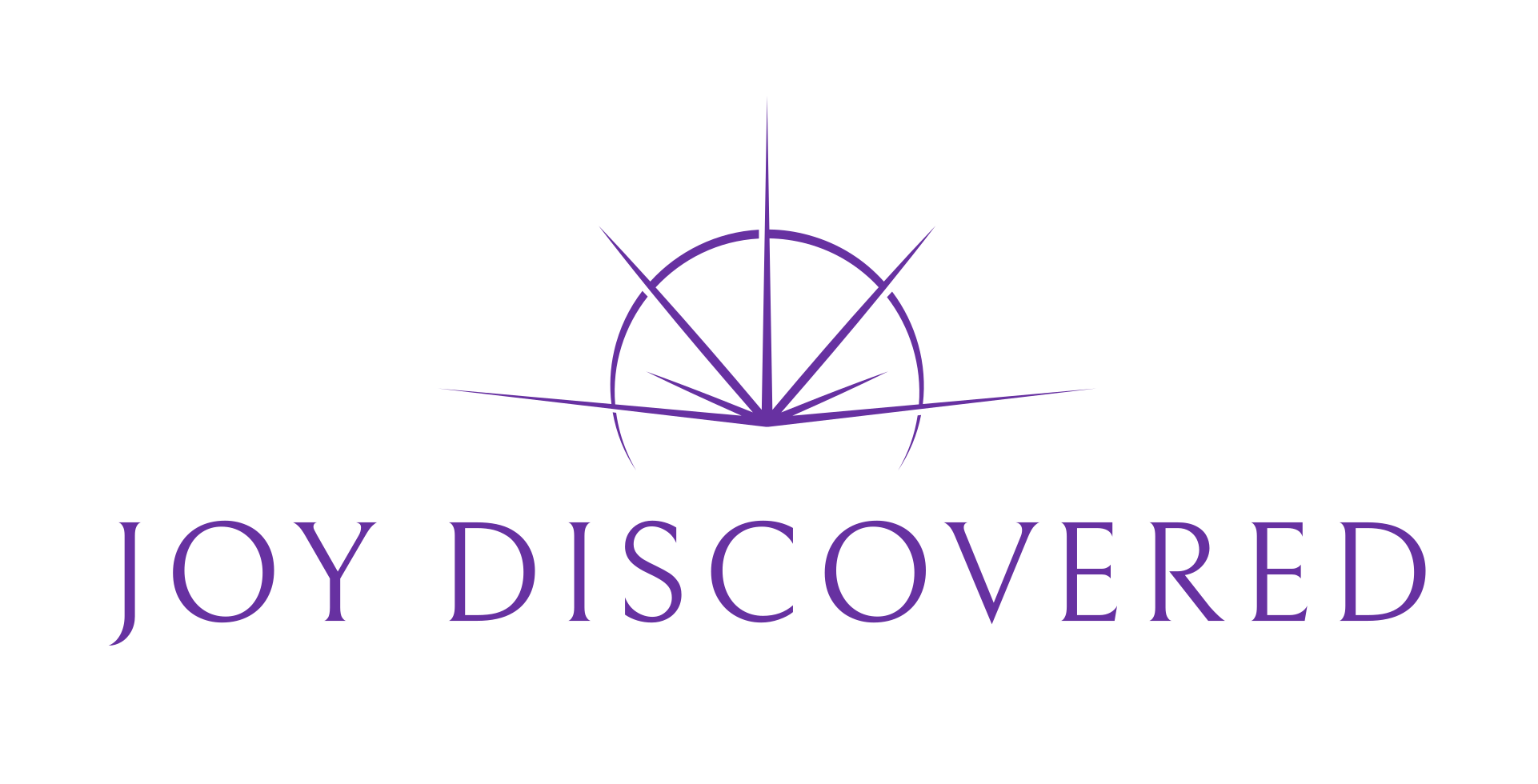What It Really Means To Be A Strong Woman

My whole life people have described me as strong.
In my early career, with an aspiration for success, I emulated the strength of those in top business positions who were mostly male. The masculine style of leadership that dominated our culture until this century was more about using managerial power over others to get them to do what they wanted (“Do it because I’m the boss and I say so.”), rather than connecting to a team member’s identity and internal motivations to inspire them to work toward a common mission.
This dictatorial way of leadership no longer works today with multiple generations in the workforce, more ethnic and gender diversity than ever before, and the relationship skills that are necessary in our technology-overloaded society. Yet, many of us women believe we have to be and lead like men in order to succeed.
In my early career, I loved purples and yellows and flower patterns and soft, more feminine materials (and still do); but I didn’t wear any of that. I wore black and grey pantsuits because I thought it would help me be taken more seriously and fit in with the male vibe.
I tried to be “strong” like a man. I never spoke of my family (which were only my fur babies at the time) and I hid any emotion, especially disappointment and anger. Disappointment could be interpreted as sadness and being too emotional and weak, I thought. Anger could be interpreted as being bitchy or “that time of the month.” I put my head down, smiled, and did my work. I was successful because of my drive, but my potential was capped because, without expressing emotion, it’s impossible to effectively lead others.
Strength is what got me through a lonely childhood when I felt like an outsider. Strength helped me navigate the awkwardness of middle school and the physical and emotional absence of my parents in the years following their divorce. Strength won me kudos with the tough party crowd I hung out with in high school. Strength would get me through my career as well, I decided.
I laughed at those who didn’t work on the weekends. I smirked at those who wanted to go home after happy hour to get a good night’s sleep. I chuckled when others prioritized a workout before coming into the office. I was strong. My strength was my power. And all that self-care stuff is for the weak, I thought.
Then, it caught up with me. I was burnt out, overwhelmed, and exhausted – and I hadn’t even had kids yet! My husband and I tried to get pregnant for years but had a hard time conceiving and then once we did, the pregnancies ended in miscarriage. I can’t help wonder if the stress I was experiencing while neglecting to take care of myself is what made it hard for my body to house and nourish a baby. (And I know for certain stress was one of the reasons I developed an autoimmune thyroid condition in my late thirties. More on this story at a different time.)
Having to pull myself out of burnout and exhaustion, I learned that our physical, mental, and emotional body is like a NASCAR racecar. I believe we are meant to go hard towards our goals, to do the best we can, utilizing our God-given gifts to reach our full potential and win the cup championship, like a racecar. A huge contribution to a racecar’s success is leveraging the pitstops. A racecar strategically uses the pitstops to refuel, balance its tires, and make minor repairs so they don’t turn into major breakdowns. Then after the pitstops, operating again at 100 percent, the race car gets back on the track and gives it hell to the finish line.
I believe in HARD WORK, and excellence is one of Joy Discovered’s three core values. I also believe in rest, recovery, and play. Both elements are necessary in order to have high performance over the long term.
So can we please reframe the way we view strength? Strength is not hiding our emotions. It’s not the constant pushing of our body and mind without a break. Strength is not pretending we have it all together.
I know too many people who won’t seek support from a coach or therapist because they, or someone close to them, think it’s weak to get help from someone else to achieve their goals. This breaks my heart knowing the joy and freedom these people will never experience as they stand in their “strength.”
Strength is not about always having the answers. In fact, leaders and parents who always have the answers build dependent teams and children who do not know how to flourish on their own.
Instead, real strength is taking care of our bodies, minds, and hearts so we can fully live and give in this world. Real strength is summoning the courage to express our truth and live in alignment with our whole, authentic selves. Real strength is asking for help and assembling a team or community of people around us to go further and faster together to accomplish our dreams in this brief lifetime. Real strength is putting our feet down against patriarchal ways and a consumer-driven society that benefits from us thinking self-care is weak.
Self-care is not for the weak. Instead, it’s a necessary ingredient for the strong who last.
Summon your real strength, and let’s #haveitall! 💪
💜Your coach,
Sara
P.S. Did you see that I was selected for the Brainz Global 500 Award that recognizes influential leaders for their entrepreneurial success and dedication to helping others?!! I’m honored and humbled to share the list with leaders I admire, like Jay Shetty, Mel Robbins, Jessica Alba, Jim Kwik, Oprah Winfrey, Gary Vaynerchuk, and many others!! Thank you for being a dear reader and supporting our work and my writing! ♥️






What's your greatest take-away from this blog? Any questions?